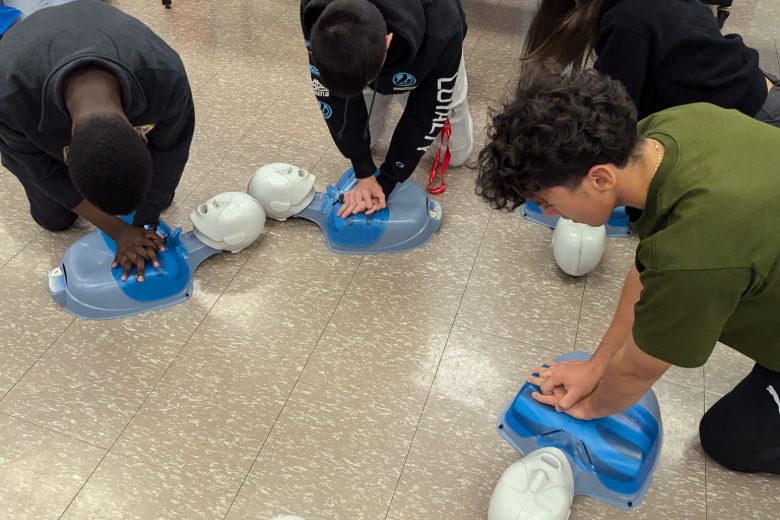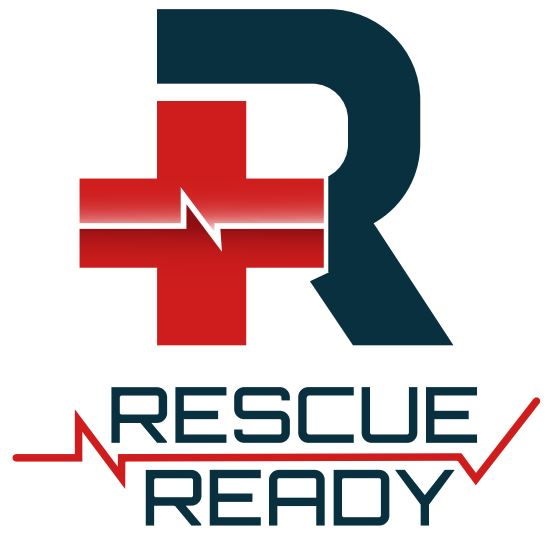
Why Everyone Should Learn First Aid
In the fast-paced journey of life, unexpected twists and turns are inevitable. Whether you’re at home, work, or out in the community, emergencies can happen at any time. This is where the invaluable skill of first aid comes into play. In this blog, we’ll explore the compelling reasons why everyone should invest the time to learn first aid.
1. Immediate Response Saves Lives:
In emergencies, time is of the essence. Knowing how to provide immediate first aid can make a crucial difference, especially before professional help arrives. Whether it’s performing CPR, controlling bleeding, or assisting someone in distress, your swift response could be the key to saving a life.
2. Empowerment in Emergencies:
Imagine being in a situation where someone suddenly collapses or sustains an injury. The ability to take immediate action not only empowers you but also instills confidence in those around you. Instead of feeling helpless, you become a beacon of support and assistance.
3. Minimize the Impact of Injuries:
First aid is not just about saving lives; it’s also about minimizing the impact of injuries. Proper wound care, splinting fractures, and managing burns can prevent complications and promote faster recovery. Your knowledge becomes a bridge between an injury and a smoother healing process.
4. Enhance Safety in Everyday Life:
Accidents can happen anywhere—at home, at work, during recreational activities. Having a foundation in first aid promotes a safety-conscious mindset. Whether it’s childproofing your home or practicing workplace safety, your awareness contributes to a safer environment.
5. Support for Loved Ones:
Your family and friends are important to you, and being equipped with first aid skills means you can be there for them in times of need. From assisting with minor injuries to knowing how to respond to more serious emergencies, your knowledge becomes a valuable asset for those you care about.
6. Builds Community Resilience:
Communities thrive when individuals are prepared to respond to emergencies collectively. Learning first aid contributes to community resilience, creating a network of individuals who can provide immediate assistance during crises.
7. Preparedness for Natural Disasters:
Natural disasters, such as earthquakes, floods, or hurricanes, can disrupt normal life and lead to injuries. First aid skills become even more critical in such situations, where professional medical help may be temporarily inaccessible.
8. Compliance with Workplace Regulations:
In many workplaces, having employees trained in first aid is not just a bonus—it’s a legal requirement. Being certified in first aid not only ensures the safety of your colleagues but also ensures compliance with workplace regulations.
9. Life is Unpredictable:
Life is full of surprises, and not all of them are pleasant. Knowing first aid is like having an insurance policy—you hope you never have to use it, but having it provides peace of mind.
Conclusion:
In a world where uncertainties abound, the ability to provide immediate assistance is a powerful skill. Learning first aid is not just about acquiring knowledge; it’s about being a beacon of support and a lifesaver when it matters most. So, take the step to learn first aid—it’s an investment in yourself, your loved ones, and the well-being of your community. After all, being prepared is a small effort for a colossal impact.
